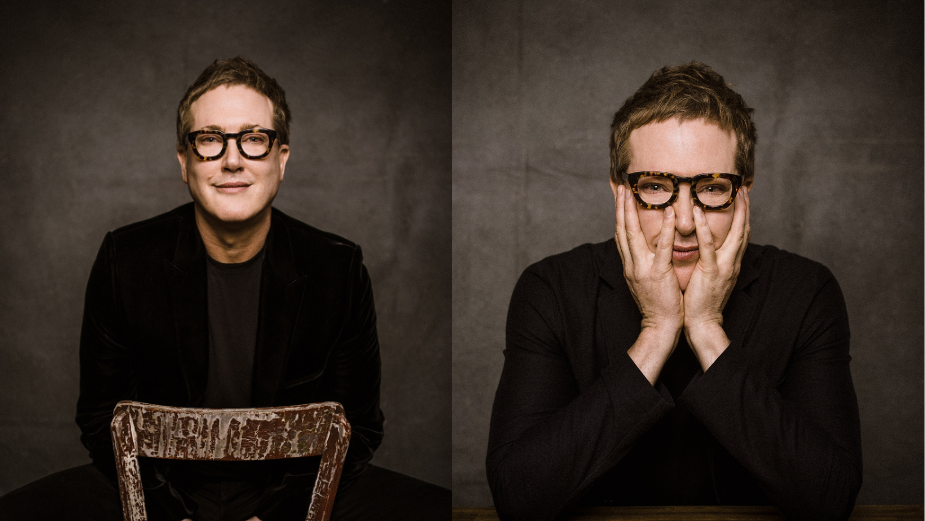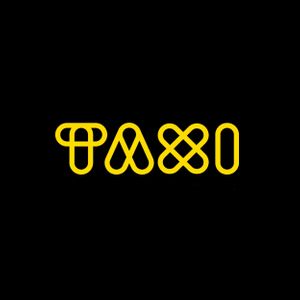
The Directors: Stephen Lance

Stephen Lance is a director that's a bit left of centre, his creativity is boundless and paired with an aesthetic that is vivid, emotive and fun.
Stephen is best known for his emotive commercials and music videos. He has brought his maverick creative background to numerous commercials for brands such as Coca-Cola, Diet Coke, LG, Dell, Nestle, and Lux. His music video work is bold and beautifully brave, maintaining a strong profile working with some of Australia’s finest music artists including: Silverchair, Powderfinger, Megan Washington Eskimo Joe, John Butler Trio, Little Birdy and Sarah Blasko.
A director with international acclaim, Stephen, also has a bounty of short film gongs. ‘Eustice Solves a Problem’ and ‘Yolk’ have screened at festivals around the world. He has a bent for original narrative and characterisation with genuine sensitivity. He crafts unique performances that are both subtle, funny and deftly brings a striking aesthetic to the everyday via his skills in design and style.
Name: Stephen Lance
Location: Brisbane
Repped by/in: Taxi
Awards: Winner ARIA Award Best Music Video, Winner J Award Best Music Video, Winner AFI Award, AATCA Award Nominee, Dendy Award Nominee, Australian Writer’s Guild Nominee, BADC Winner Director’s Craft Silver & Bronze, Telly Award Winner Gold & Silver.
LBB> What elements of a script sets one apart from the other and what sort of scripts get you excited to shoot them?
Stephen> Originality and authenticity. There are scripts that have originality in their DNA, and it’s clear from the writing that the agency and it’s creatives have fought for an idea that’s truthful and original. Or, they’ve suffered from a war of attrition.
LBB> How do you approach creating a treatment for a spot?
Stephen> I just think of the most visual way to get to the heart of the idea.
LBB> If the script is for a brand that you're not familiar with/ don’t have a big affinity with or a market you're new to, how important is it for you to do research and understand that strategic and contextual side of the ad? If it’s important to you, how do you do it?
Stephen> Everything boils down to human emotions, and there’s not a brand out there that doesn’t speak in emotional language, so for me it doesn’t take long to understand what the brand is trying to communicate. If the script is convoluted I always go back to the heart of the brand.
LBB> For you, what is the most important working relationship for a director to have with another person in making an ad? And why?
Stephen> It’s not a person. It’s the idea. The personal politics of a job is always different. Some creatives have more power than others, some clients have more power, so my true north is always the idea.
LBB> What type of work are you most passionate about - is there a particular genre or subject matter or style you are most drawn to?
Stephen> Because of my music video background - I get the bold, colourful, movement based work. If I was French and this was the 1970s - I’d be considered the Jean-Paul Goude of Brisbane.
LBB> What misconception about you or your work do you most often encounter and why is it wrong?
Stephen> I don’t care about misconceptions. They’re dead thoughts.
LBB> Have you ever worked with a cost consultant and if so how have your experiences been?
Stephen> Yes. They have a job to do, and my job is to convince them to spend money. I’m good at convincing them because I’m rational and charming, and I know what I’m doing.
LBB> What’s the craziest problem you’ve come across in the course of a production – and how did you solve it?
Stephen> I once had a music video shut down for 4 hours because the music artist didn’t like the texture of four key costumes. It took us 3 hours to remake them.
LBB> How do you strike the balance between being open/collaborative with the agency and brand client while also protecting the idea?
Stephen> Two rules. I never say no. And the best idea wins. I’m genuinely interested in making the ‘thing’ better and if that means the agency intern with one day’s experience has the best idea - then I’m happy to experiment. I will (time and budget permitting) experiment and collaborate to see if we can make the idea better.
LBB> What are your thoughts on opening up the production world to a more diverse pool of talent? Are you open to mentoring and apprenticeships on set?
Stephen> More diversity. Yes and yes.
LBB> Your work is now presented in so many different formats - to what extent do you keep each in mind while you're working (and, equally, to what degree is it possible to do so)?
Stephen> Well you just have to consider the different formats. Sometimes you can do this through framing and blocking a 16:9 frame, other times you have to reshoot 9:16, 1:1. It’s irritating, but I can see that it’s irritating for everyone so it’s whatever.
LBB> Which pieces of work do you feel really show off what you do best – and why?
Stephen> I think my music video for Silver Chair - If You Keep Losing Sleep - because it was such a special creative collaboration where Daniel gave us the permission to do whatever we wanted, and that trust shows on screen.
Next is Bernard Fanning’s Wish You Well video - it’s very special to me because it’s such a complex execution of a simple idea - and really represented a powerful collaboration between myself and my fellow co-director at the time. And of course won us the ARIA which kicked off my career.
Aerogard Summer Defenders - it’s the bold, brash, choreographed work I mentioned earlier that feels like a natural corollary to my music video work.
Ladbrokes - I was coming off the back of my first feature film and just took this idea and made it into a choreographed one shot with dancing, dialogue and sweeping steadicam - and I guess it represents what we do as directors - we value add visually to scripts.













